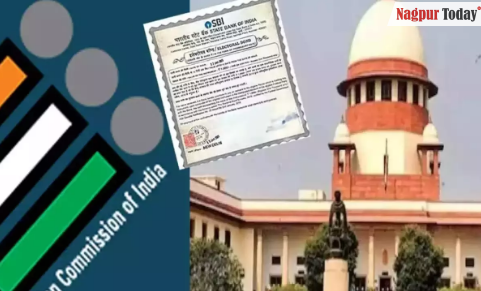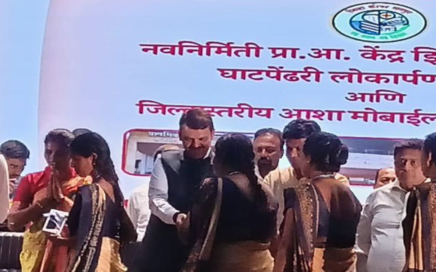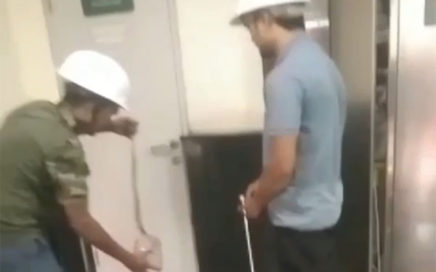
New Delhi: The Supreme Court on Friday rejected a batch of petitions seeking a court-monitored SIT probe into alleged quid pro quo between companies and political parties in the purchase of electoral bonds. The court said, “It will be both premature and inappropriate for the court to do so.”
The court said individual grievances — referring to discrete claims of quid pro quo deals between a political party and a corporate organisation — “will have to be pursued on the basis of remedies available under the law”, which includes options should authorities decline to investigate specific claims.
“At present, absent recourse to remedies available in law, it would be premature and inappropriate for this court to interfere… because intervention must proceed after failure of those remedies… at this stage the court cannot say if these normal remedies will not be efficacious,” the court said.
Electoral bonds were scrapped in February. In a landmark ruling weeks before the Lok Sabha election, the court said the undisclosed funding to political parties violated voters’ right to transparency.
The spectre returned to the top court this morning with a batch of four petitions, including one seeking the court-monitored SIT probe. Senior advocate Prashant Bhushan said a special inquiry was merited because “governments are involved… ruling party and top corporate houses are involved”.
“There is a money trail of over Rs 8,000 crore! In some cases, companies like IFB Agro paid Rs 40 crore in bonds as it was facing issues in Tamil Nadu… this is not limited to one political party,” he said.
“Most extraordinary case of corruption… one of the worst financial scams in India’s history,” he said, adding, “Unless investigation is monitored by retired Justice of this court, nothing will come out of it.”
The court, though, appeared, unconvinced, and suggested the petitioner “let the normal course of events” follow its landmark verdict this year, which included ordering the State Bank of India to release data identifying donors and the parties to whom donations — many in crores — were made.
“We ordered disclosure. We went to a point… we quashed the scheme. What will an SIT investigate now?” the court asked. Bhushan replied, “If there was quid pro quo… and who was involved?”
A still-not-convinced court pointed out “this will virtually be an open-ended inquiry”.
“Can we appoint a SIT when there are remedies available in law?” the Chief Justice asked.
“This will be a far-fetched and roving inquiry,” Justice JB Pardiwala added, “You (Mr Bhushan) said shell companies are involved… so what can SIT do? What do you expect SIT to do…?”
Earlier, in February the Supreme Court struck down the Narendra Modi government’s 2018 electoral bonds scheme of anonymous political funding. Highlighting that “the information about funding to a political party is essential for a voter to exercise their freedom to vote in an effective manner”, said a five-judge Constitution bench, headed by the Chief Justice of India.
D Y Chandrachud, said that changes made in the laws to implement the scheme were unconstitutional.
Holding the scheme “violative” of the constitutional right to freedom of speech and expression and right to information, the court did not agree with the Centre’s contention that it was meant to bring about transparency and curb black money in political funding.














